Certificate in Risk Oversight & the Role of the Board
Set the tone, make high-impact decisions under uncertain conditions, develop and continuously improve practices to establish a well-defined and effective oversight function

Sign Up for Our Professional Certificate in Risk Oversight & the Role of the Board Training
Adopt the appropriate risk management framework
Why Attend?
In this rapidly-changing business world there are inevitable changes to the risk landscape in companies. Boards are required to make decisions under uncertain conditions with high impact on the companies and high liability for the Directors. Strategically managing Risk at the Board level has become a necessity and the Board needs to stay informed and properly updated.
This training course approaches the management of risk from the Board’s views and needs and analyses the Board’s expectations and sets the KRIs to be followed.
Benefits Of Attending
- Adopt the appropriate risk management framework
- Effectively manage the emerging risks
- Set KRIs for risk management reporting
- Make risk-based decisions upon updated and accurate information
Run this course in-house
For over 29 years, Informa Connect Academy’s customised training solutions have helped organisations deliver tailored learning in different languages to suit every requirement.
Bespoke training designed for your organisation only, combining traditional classroom setting, blended and online learning models
Is this course for you?
Who Should Attend
- Board Directors and members
- Chief Risk Officers
- Risk Managers
Course Information
Delegates can earn up to 18 CPEs
LEARN MORE ABOUT THIS TRAINING COURSE
Delivered by Sharon
Sharon delivers corporate governance advisory and training programs in the GCC and is certified by IFC/World Bank.
Certified by NASBA
Run this course in-house
For over 29 years, Informa Connect Academy’s customised training solutions have helped organisations deliver tailored learning in different languages to suit every requirement








